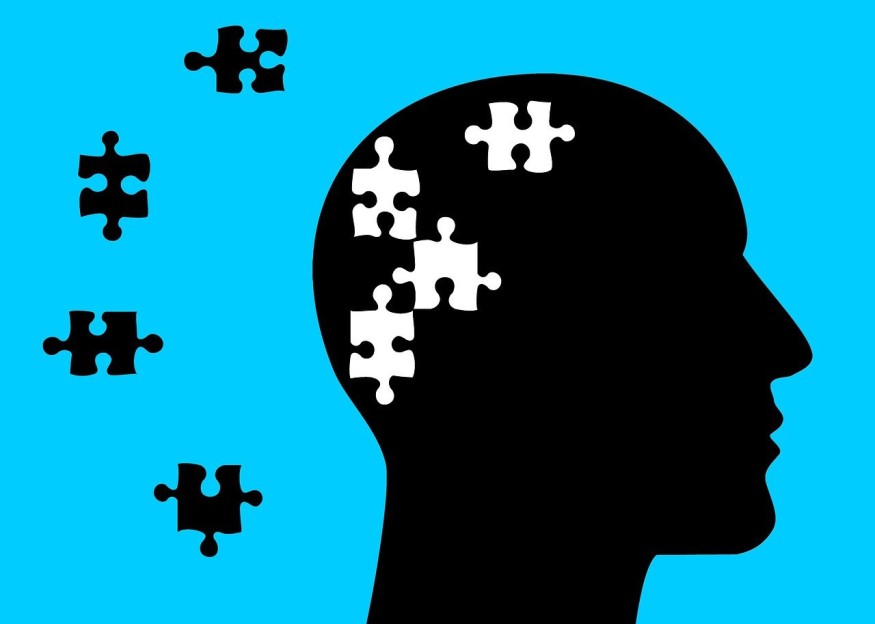Brains hold the key to why people behave in such a way and hold the clues for the ideologies humans choose to live by. Research from Cambridge University claims that those with extremist attitudes perform poorly in solving complex mental tasks.
According to Frontiers in Psychology, extremist attitudes or acts caught the attention of the world in 2001. The 9/11 attack by the Islamic extremist group al-Qaeda killed 2,977 people and shocked the whole world. Since then, experts like psychologists have been interested in understanding how extremist views come into place.
Cambridge University researchers sought to evaluate whether the differences in how information is perceived or processed by an individual could sculpt ideological world-views, like political, nationalistic, and dogmatic beliefs, that go beyond the person's age, race, and gender.

People With Extremist Attitudes Think the World is Black & White
The Guardian reported that the study involved 330 US-based participants from 22 to 63 years old who underwent a battery of 37 neuropsychological tasks and 22 personality surveys for two weeks.
All tasks were engineered to be neutral, such as memorizing visual shapes. Using computational modeling, the researchers were able to extract information from the data about participants' perception and learning and their ability to solve complex cognitive tasks.
The news outlet said that the overall results of the study showed that ideological world-views mirrored cognitive decision-making. A key finding of the study suggests that those with extremist attitudes tend to think about the world as black and white and find it difficult to solve complex cognitive tasks that require intricate mental steps.
Dr. Leor Zmigrod at Cambridge's department of psychology said that "individuals or brains that struggle to process and plan complex action sequences may be more drawn to extreme ideologies or authoritarian ideologies that simplify the world."
Moreover, she added that these people tend to be poor in regulating their emotions, leading to impulsively seeking out emotionally evocative experiences. This explains what kind of an individual would most likely be willing to commit violence against innocent people.
"For example, when they're asked to determine whether dots [as part of a neuropsychological task] are moving to the left or the right, they just took longer to process that information and come to a decision," Zmigrod said.
When the participants were asked to respond as quickly and accurately as possible, those who lean towards politically conservative employ a slower and steady strategy while those who lean towards liberals took a slightly faster and furious, less precise strategy. The researchers noted that this finding suggests that politically conservative individuals treat stimuli with caution at the very basic neuropsychological level.
Identifying and Supporting People Vulnerable to Radicalization
Ultimately, the study's findings would help identify individuals who are vulnerable to radicalization to support them from being easily influenced. Zmigrod said that the demographics of an individual do not explain the whole reason for why a person harbors extremist attitudes or views, as it only explains roughly 8% of the variance.
But incorporating these cognitive and personality assessments would increase experts' capacity to explain the variance of these ideological world-views by around 30% to 40%, The Guardian reported.
The researchers published their study in the journal Philosophical Transactions of the Royal Society B.
Check out more news and information on Psychology in Science Times.
© 2026 ScienceTimes.com All rights reserved. Do not reproduce without permission. The window to the world of Science Times.












